Swiss heading for US-style expulsion policy
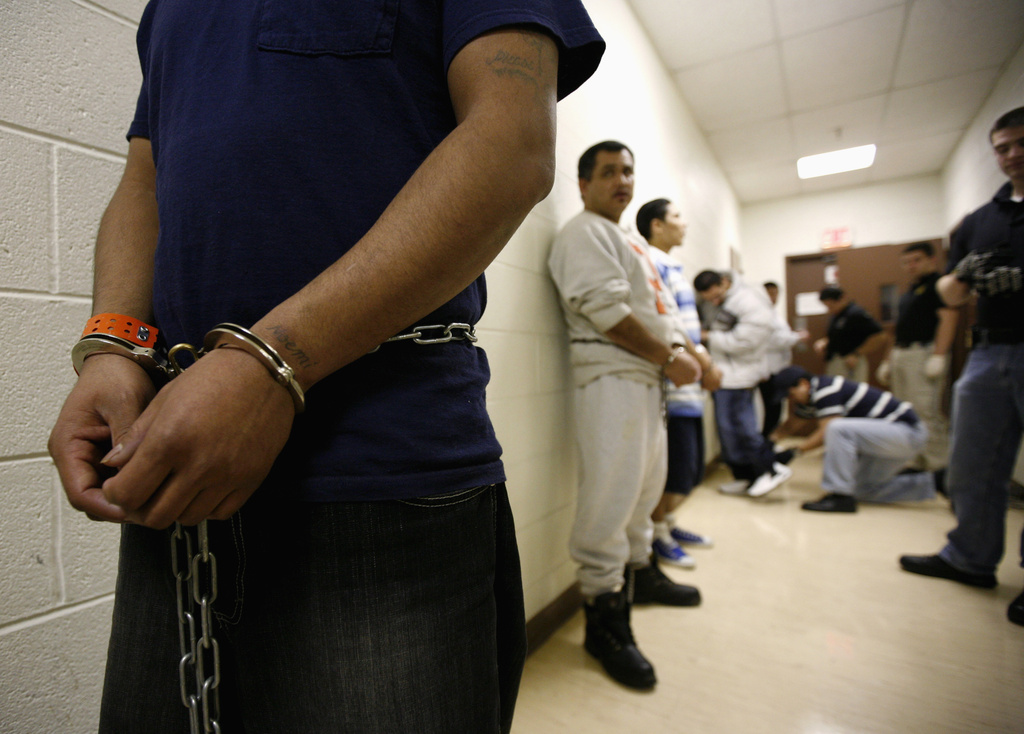
Approval of the rightwing initiative aimed at an automatic deportation of foreign criminals would put Swiss legislation largely on a par with that of the United States.
But it is also likely to result in similar legal excesses, according to a Swiss researcher. A comparison with European Union countries shows Switzerland heading for a very strict policy if voters agree at the ballot box on November 28.
For the US justice system 1996 is seen as a turning point as regards the deportation of foreigners who break the law.
Judges lost any judicial discretion in cases of foreign criminals convicted of a crime listed in an increasingly extended catalogue, says Lorenz Langer from Zurich University. He has just come back from an 18-month research fellowship at the prestigious Yale Law School.
“The US legislator has tried its best to ensure that for foreigners, deportation is an automatic consequence of delinquency,” he explains.
However, there is a real risk that the list of offences leading to deportation is continuously expanded, mainly at the expense of petty criminals.
Politics
This is where politicians come in, he says, because it is often expedient for them to keep pushing for stricter legislation.
Langer cites a number of cases – notably over the duration of detention of candidates for deportation, the retroactive application of the law or cases of minor drug possession misdemeanour – where the US Supreme Court intervened to ensure things didn’t go out of bounds.
Nor is it clear whether the increasing number of deportations and removal proceedings have really made the US safer. Langer points out that criticism of automatic deportation is growing in the US.
He says a hardline policy with its legal excesses flies in the face of a modern legal criminal system that takes into account the guilt and responsibility of the offender and metes out punishment accordingly.
“Since antiquity there is that notion of retributive justice, of giving everyone his or her due. A regulation that ignores how much fault has been involved in a crime committed is considered unjust,” he adds.
“Criminals have to pay for their deeds, and the law often treats foreigners differently. But to deport long-term residents with family ties as an additional and automatic sanction is not a commensurate punishment for minor offences.”
Slippery slope
Langer is convinced that Switzerland would be stepping on the same slippery slope. “Immigration is politically a rather rewarding topic. It always pays off.”
The initiative by rightwing parties appeals to the gut feeling and portrays a stereotypical picture of foreign offenders – burglars and those exploiting welfare benefits. Langer argues that in the wake of a specific criminal case it would be very easy to extend the list of crimes that lead to immediate expulsion.
Swiss parliament will have to define specific legislation and can add further punishable offences to the list of about ten crimes if voters endorse the initiative.
Langer questions the need to introduce US-style legislation, given the significantly higher crime figures in the US, and wonders about the image of Switzerland as a dangerous country as supporters of the initiative argue.
“In fact a look at crime statistics in 2008 shows that robberies were three times more frequent in the US than in Switzerland; rape and murder cases even about seven times higher,” he says.
Domestic issues
Similarities are apparent in the critical attitude towards international law. “The discussion in the US focuses on domestic issues and on the constitution,” he says.
This reminds him of the campaign in Switzerland where the issue is perceived as being unique to Switzerland.
Swiss rightwing politicians have much in common with the Tea Party movement and the Republicans in the US and they fight for much the same values, Langer says. But these shared values are rarely highlighted.
“Drawing a parallel with the US is possibly believed to have little public appeal. Maybe they are afraid of latent anti-American sentiments – or they are simply not aware of the similarities.”
Europe
From a historical viewpoint, restrictive criminal laws in the US were meant to prevent a certain group of immigrants – people who committed a crime abroad – from entering US territory.
“In striking contrast, European legislation has always been aimed at a general reduction in the number of immigrants,” says Langer.
A glance at the policies in the EU of today show that legislation in most member states provides for the possibility of deporting foreign criminals. But even Germany and Britain with their tough laws, including automatic deportation, do not apply the regulation to the letter.
To date the UK Borders Act 2007 has not been enforced, according to Cesla Amarelle of Neuchâtel University, quoted in the Tages-Anzeiger and Der Bund newspapers.
Germany, Switzerland’s northern neighbour, leaves a deportation order to the discretion of the judge considering the individual case.
Different options
A survey shows that legislation in most European countries leaves many options open. In France, offenders who have lived for at least 20 years in the country and those who immigrated before age 13 are protected. However, a reform of the law is underway.
Other countries rule out deportation of second generation immigrants.
Italy, following the example of France with its crackdown on gypsies, wants to automatically deport people who “do not conform with the law”. The government approved a bill in November.
The situation is further complicated by the rules about the free movement of people within the EU – and also with non-member Switzerland.
Swiss voters have the final say on November 28 on the initiative of the rightwing Swiss People’s Party and an alternative proposal by parliament.
The initiative calls for the automatic deportation of foreigners convicted of crimes, including murder, rape, drug offences, robbery and welfare fraud. It leaves it up to parliament to complete the list.
The parliamentary counter-proposal is a compromise and calls for the deportation of non-Swiss criminals but it insists on case-by-case examination in line with international law and the Swiss constitution. It also includes measures to boost integration.
Under current law, judges can order the deportation of criminals, but the authorities check on a case-by-case basis. Implementation differs considerably from one canton to another.
Lorenz Langer, 35, is a lawyer and Ph.D. candidate at the Institute of International law at Zurich University. In 2009/10 he spent 18 months at Yale University as a research fellow.
He specialises in the practice of Swiss direct democracy.
Langer also studied at Cambridge University, Britain, and has a M.Phil. degree in medieval history.
(With input from correspondents in Germany, France and Italy)

In compliance with the JTI standards
More: SWI swissinfo.ch certified by the Journalism Trust Initiative

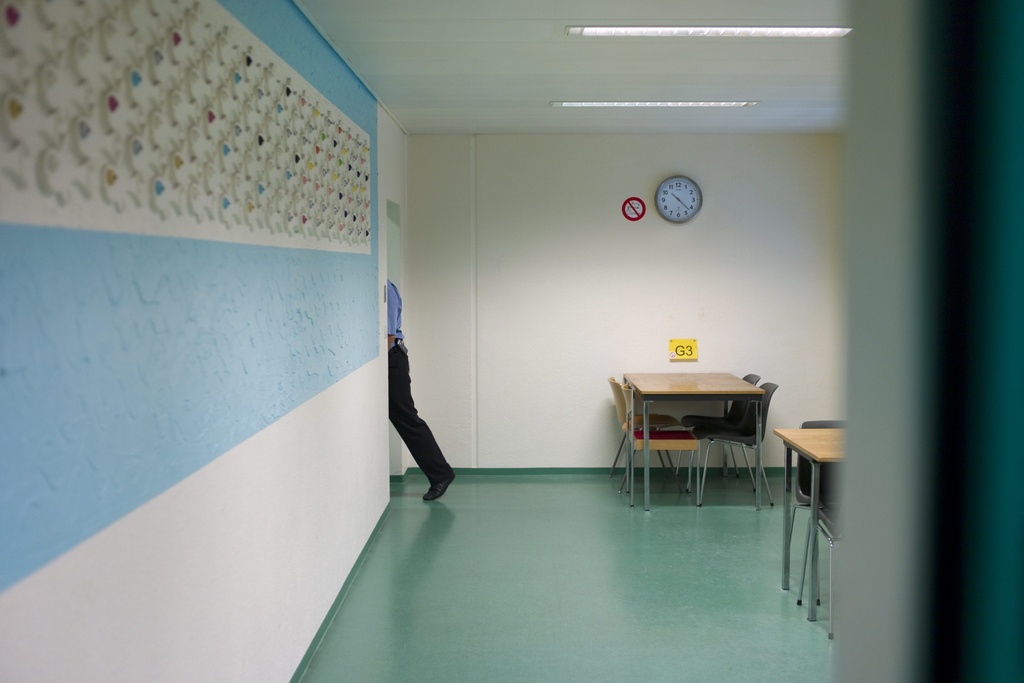

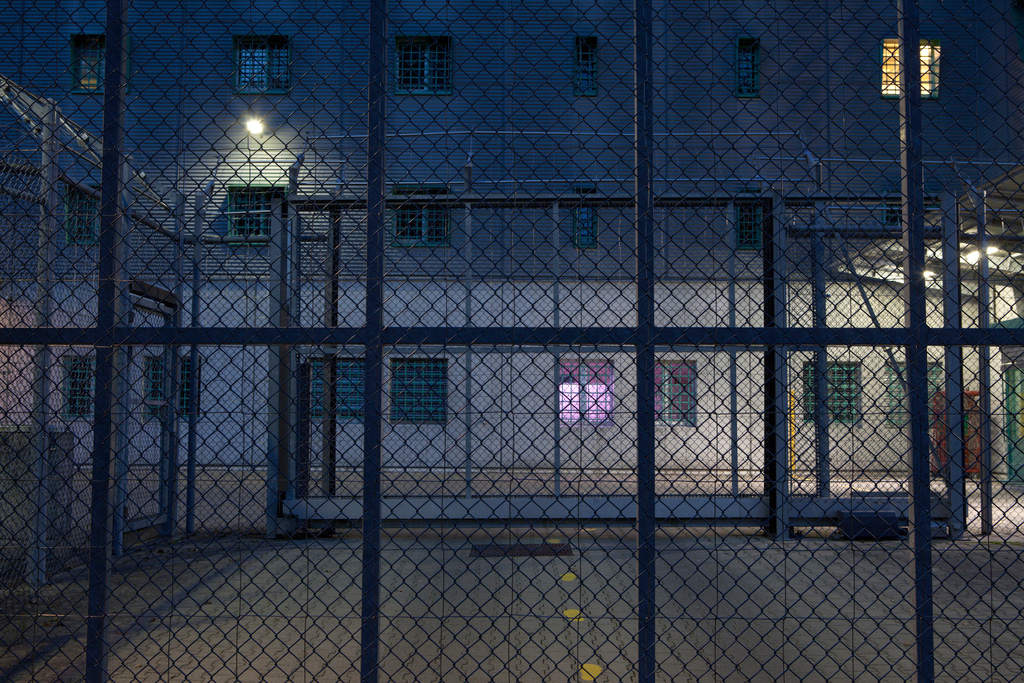
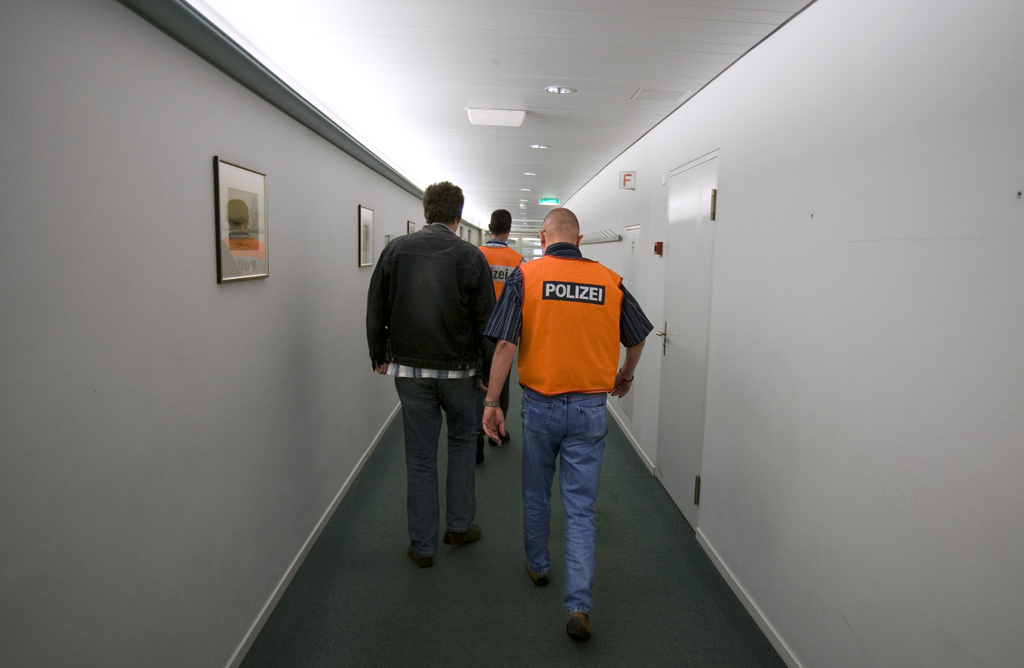

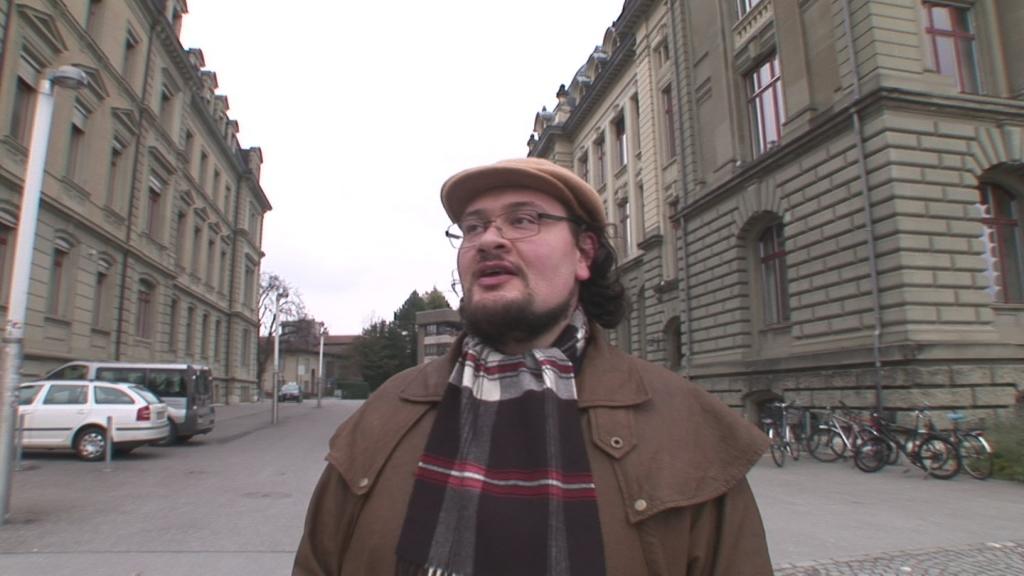
You can find an overview of ongoing debates with our journalists here. Please join us!
If you want to start a conversation about a topic raised in this article or want to report factual errors, email us at english@swissinfo.ch.